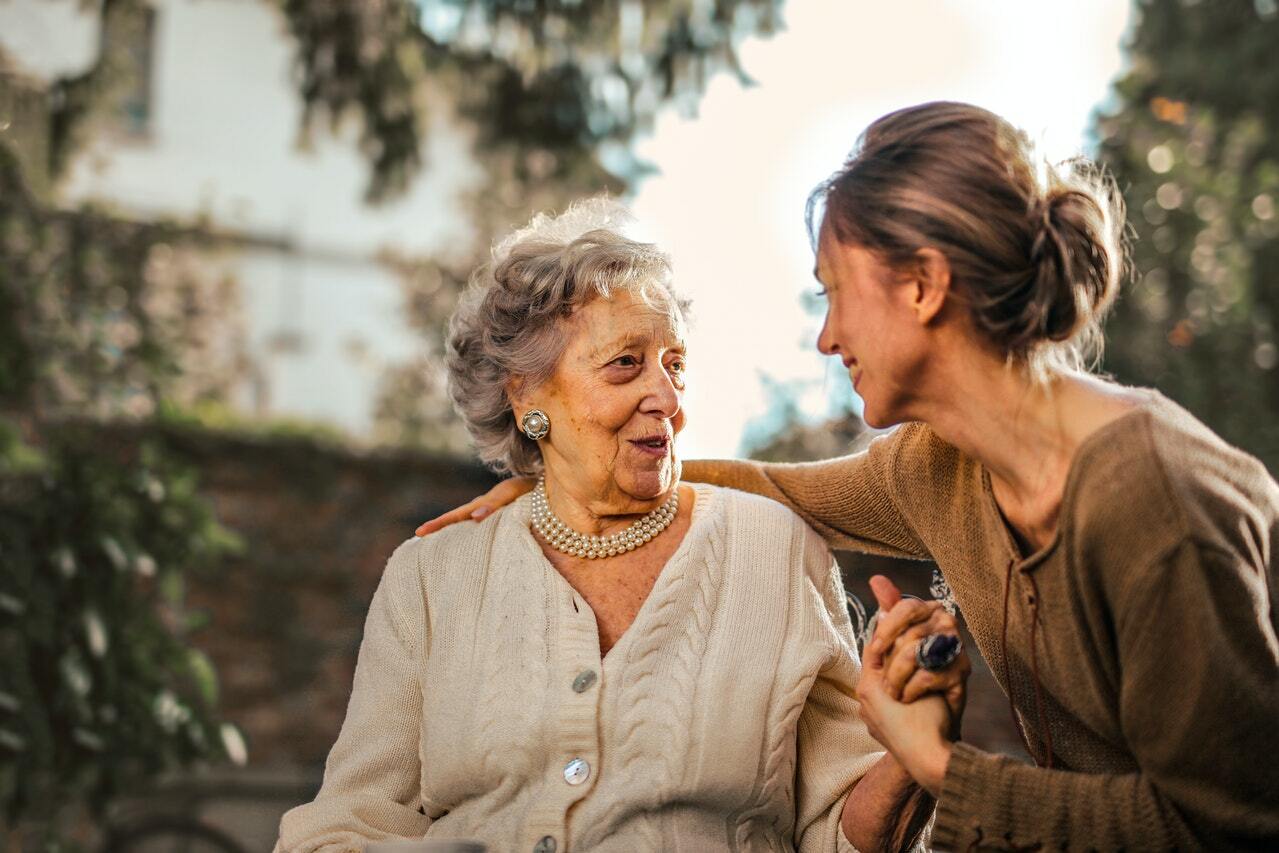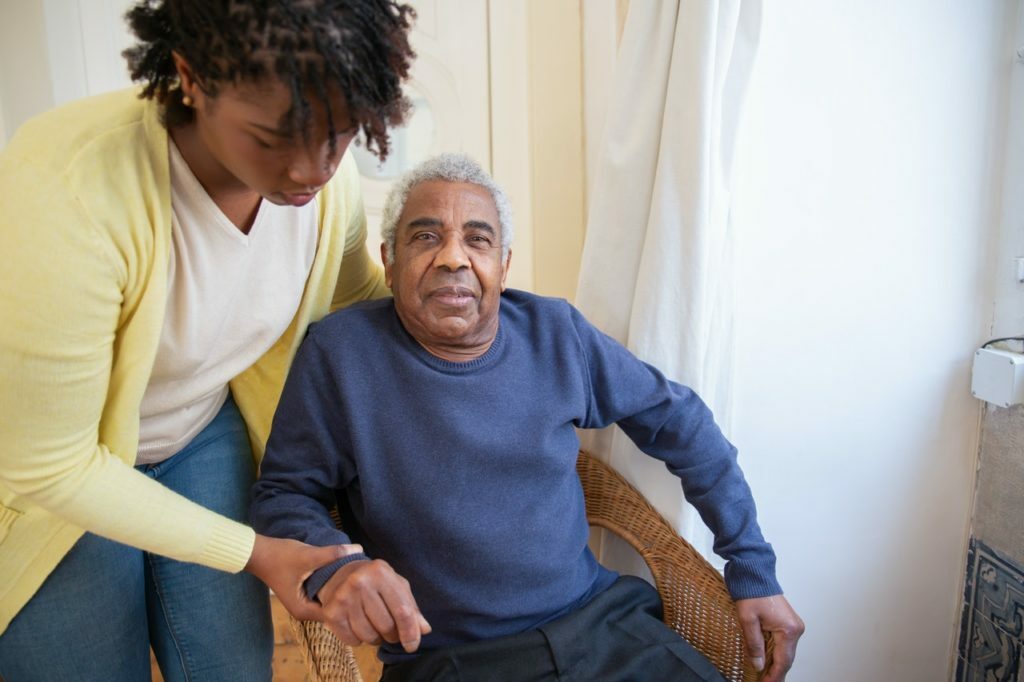Most humans have a natural impulse to be helpful. That’s true regardless of if there’s an injured cat outside their door or a frail old lady trying to cross the road without a walker. When our aging relatives reaches the point where they can no longer live on their own, it’s natural to want to step in and assume responsibility. People will even quit their job to move in with a loved one in need. It’s a noble impulse, but you shouldn’t rush into the caretaker role before you take a closer look at the situation and see how much help you’ll really be able to offer.
Support matters
At the beginning of the process, it’s common to assume you’ll be able to do it all. If you’re dealing with a parent in need, you might even think that hey, your parents cared for you when you were in need, so now it’s your turn to care for them. That’s a very generous way to look at it, and you should be commended for that sort of thinking,. But don’t assume 100 percent of the responsibility for something. Your parents probably took breaks. They hired baby-sitters or got relatives to watch you while they went out and took some time for themselves. You should do the same thing. Do not expect yourself to be “on” twenty-four hours a day, seven days a week. That’s a fast road to caretaker burnout. Ideally you’ll be able to sit down with other family members and figure out a care schedule. You may be able to take care of things eighty percent of that time, but that other twenty percent is huge.
Feel free to bring in professional help as well. If there’s a big patch of mold in the house, you can try to remediate it yourself, but if not, call in some mold experts. Don’t expect yourself to be a personal assistant plus housekeeper plus home improvement expert. That’s a lot to ask of anyone.

Don’t rule out a facility
When you assume the caretaking role, you probably aren’t thinking “Well, I’ll only have to do this for a couple of years, since Pop is definitely going to be dead soon.” You’re probably thinking that you’ll care for your loved ones as long as they need you, and you hope fervently that they have some good years left. There’s a chance they will, but many medical conditions become harder and harder to manage as time passes. Things like dementia and Alzheimer’s can be brutal on both the affected person and the people who care for him or her. It’s heartbreaking to watch. You have to be willing to constantly evaluate the needs of the person you’re caring for. If you’re out of your depth, then you’re not doing you or your loved one any favors. It’s okay to start looking at reputable care facilities (Riddlevillage.com is a good example of what to look for in a facility). It’s hard to separate your personal emotions from the situation. You may feel like you’re obligated to care for a loved one no matter how hard it gets, but that’s simply not a viable option sometimes. Give yourself permission to explore all your options. Guilt and regret won’t help you make the most of whatever time you have left with your loved one.










